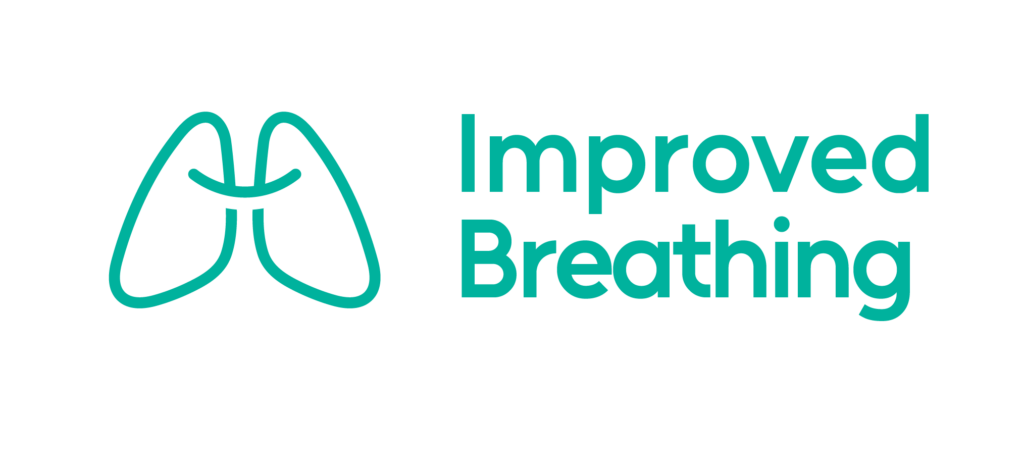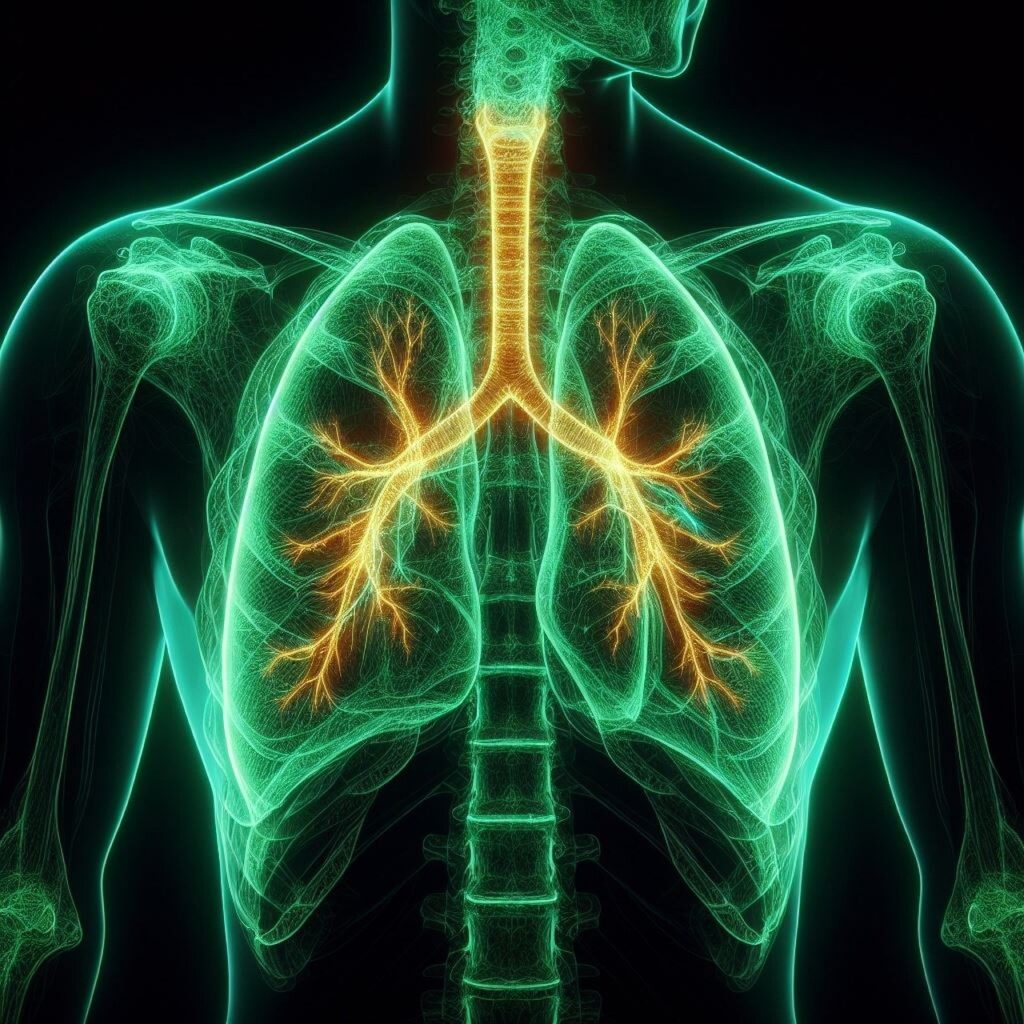Living with a chronic lung condition like Chronic Obstructive Pulmonary Disease (COPD) or emphysema can be challenging. These conditions affect millions of people worldwide, impacting their daily lives and limiting their independence. However, there’s a ray of hope in the form of specially trained service animals that can significantly improve the quality of life for individuals with lung conditions. In this blog post, we’ll explore how service animals can be invaluable companions for those managing respiratory issues.
Understanding Service Animals for Lung Conditions
When we think of service animals, guide dogs for the visually impaired often come to mind first. However, service animals can be trained to assist with a wide variety of conditions, including respiratory disorders. For individuals with COPD, emphysema, and other chronic lung conditions, these animals can provide both practical assistance and emotional support.
Types of Service Animals for Lung Conditions
While dogs are the most common service animals, other animals like miniature horses can also be trained for this purpose. The choice of animal often depends on the individual’s specific needs, living situation, and personal preferences.
How Service Animals Help People with Lung Conditions
Service animals for individuals with respiratory issues are trained to perform a variety of tasks that can make a significant difference in managing their condition:
- Fetching Medication: In case of breathing difficulties, a service animal can be trained to retrieve inhalers, nebulizers, or oxygen tanks, potentially saving precious time and energy.
- Alerting to Environmental Triggers: These animals can be trained to detect and alert their handlers to the presence of strong odors, smoke, or other airborne irritants that might trigger respiratory distress.
- Providing Physical Support: For individuals who experience weakness or dizziness due to low oxygen levels, service animals can offer balance support or help their handlers stand up.
- Alerting to Breathing Changes: Some service animals can detect subtle changes in their handler’s breathing patterns and alert them or others if the situation becomes dangerous.
- Calling for Help: In severe cases, service animals can be trained to activate emergency call systems or alert others in the household if their handler is in distress.
The Emotional Benefits of Service Animals
Beyond their practical assistance, service animals provide significant emotional support to individuals with lung conditions:
- Reducing Anxiety and Stress: The presence of a service animal can help alleviate anxiety and stress, which are common among people with chronic health conditions. This emotional support can indirectly help in managing symptoms, as stress and anxiety can exacerbate breathing difficulties.
- Encouraging Physical Activity: Having a service animal, particularly a dog, can motivate individuals to engage in light physical activity, which is crucial for maintaining lung function in conditions like COPD.
- Combating Social Isolation: Chronic lung conditions can sometimes lead to social isolation. A service animal can provide companionship and also serve as a social bridge, helping their handlers interact more with others in their community.
Training and Certification
It’s important to note that service animals for lung conditions require specialized training. This training typically includes:
- Basic obedience and public access skills
- Task-specific training related to the handler’s lung condition
- Ongoing training to maintain and enhance their skills
In many countries, including the United States, service animals are protected by law and are allowed to accompany their handlers in public spaces, including areas where pets are typically not permitted.
Considerations Before Getting a Service Animal
While service animals can be incredibly beneficial, they’re not the right solution for everyone. Here are some factors to consider:
- Ability to Care for the Animal: Despite their training, service animals still require care, including feeding, grooming, and veterinary visits.
- Living Situation: Ensure your home and lifestyle can accommodate a service animal.
- Cost: Training and maintaining a service animal can be expensive, although there are organizations that provide assistance.
- Allergies: If you or a family member has allergies, this could impact your ability to have a service animal.
Final Words
For individuals living with chronic lung conditions like COPD or emphysema, service animals can be true lifesavers. These loyal companions offer practical assistance in managing symptoms and medications, while also providing emotional support and encouraging a more active lifestyle. While they require commitment and care, the benefits they bring can significantly enhance the quality of life for people struggling with respiratory issues.
If you’re considering a service animal to help manage your lung condition, consult with your healthcare provider and research reputable service animal training organizations. With the right preparation and support, a service animal could be the breath of fresh air you need in managing your respiratory health.














